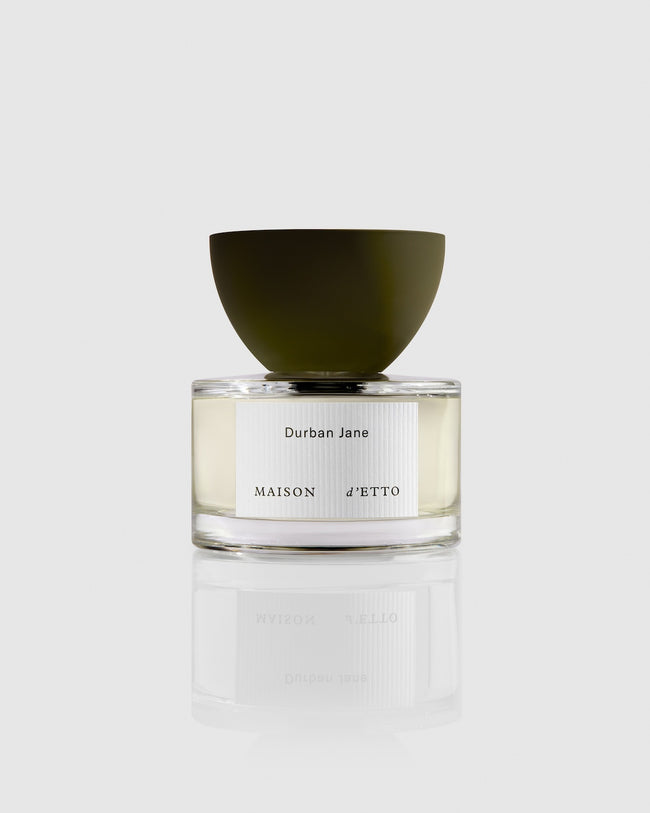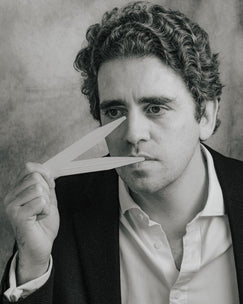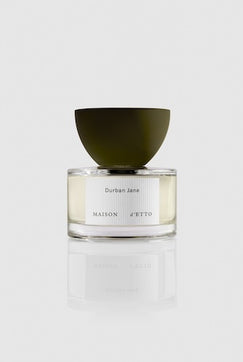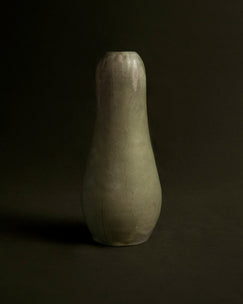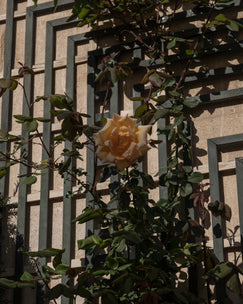Fragrance vs. Smell: Understanding the Subtle Differences
The allure of scent is a complex interplay of memory, emotion, and sensory perception. Yet, the terms "fragrance" and "smell" are often blurred in everyday conversations. While both tap into our olfactory senses, they diverge in ways that go beyond mere semantics. The distinction is more than linguistic; it’s about intention, artistry, and the profound impact scents have on our lives. In a world where artisanal creations like those from Maison d'Etto elevate the everyday, understanding the difference between fragrance and smell becomes an intimate exploration of the self.
Defining Fragrance and Smell: More than Meets the Nose
A fragrance is a symphony of carefully composed notes, crafted to evoke a specific mood, memory, or experience. It is the refined expression of nature and imagination bottled into a wearable art form. Fragrances invite us into a curated world, where every spritz tells a story of intention—one where scent becomes a personal signature, an invisible yet powerful accessory. Fragrances like Maison d’Etto’s Rotano, with its soft, dusty leather and cedarwood notes, are designed not just to be smelled but to be felt—imbued with the power to transport and transform.
In contrast, a smell is the raw, unfiltered essence of our surroundings—sometimes pleasant, often neutral, and occasionally unpleasant. Smells are the candid, unplanned moments of our daily lives: the fresh cut of morning grass, the crisp scent of rain-soaked earth, or the lingering aroma of coffee brewing in a quiet kitchen. These are not crafted with intention; they simply exist, unfolding naturally and often unexpectedly.
The Artistry of Fragrance: Where Science Meets Soul
Fragrances are not just a blend of scents; they are an art form that involves the meticulous balance of top, heart, and base notes, much like composing a piece of music. The creation of a fragrance is a deeply creative process that requires both skill and intuition. Perfumers blend rare ingredients, such as Turkish rose, oud, or ambrette, to craft olfactory experiences that resonate on an emotional level. For instance, Maison d'Etto's Karat EG captures the spirit of renewal and hope with its intoxicating mix of dirty rose and wet earth—a sensory exploration that evokes both the past and the promise of the future.
Smells, while rich in their ability to evoke memories, lack this deliberate composition. They are fleeting moments—a snapshot of the environment rather than a crafted expression. The smell of salt in the ocean air or the earthy aroma of fallen leaves in autumn can stir nostalgia, but unlike fragrances, these smells do not linger by design.
The Emotional Resonance of Scent: Why Fragrances Speak Louder
Fragrances are designed to do more than just smell good; they are crafted to connect with us on a deeper level. They can calm, excite, or comfort, becoming intertwined with our identity and memories. Maison d'Etto’s fragrances are not just products but invitations to a personal journey—each bottle a portal to a different emotional landscape. Wearing Noisette, a blend of intimate lavender and orris, feels like wrapping yourself in a warm embrace, offering peaceful intimacy and reflection.
What is the difference between fragrance and smell? Smells, conversely, are often passive and accidental. They are encountered, not chosen. A scent like rain on hot pavement can trigger a vivid flashback, but it doesn’t carry the layered complexity or the thoughtful creation that defines a fragrance. Fragrances deliberately draw on our emotions, weaving stories through scent that linger in ways a simple smell cannot.
Fragrance as an Intentional Experience
Choosing a fragrance is an intentional act of self-expression. Unlike smells that are stumbled upon, fragrances are selected with care and worn as an extension of our personality. They are curated to suit moods, moments, and memories—each bottle a time capsule of our most cherished experiences. A scent like Macanudo from Maison d'Etto, with its notes of freshly cut grass and vetiver, embodies the groundedness of nature and the joy of togetherness, making it a perfect companion for those who seek both nostalgia and new beginnings.
Smells, however evocative, remain unplanned guests in our sensory landscape. They serve as the background to our lives, enriching our experiences but rarely defining them. Fragrances, on the other hand, are deliberate choices that shape how we wish to be perceived and remembered.
Conclusion: The Deliberate Art of Fragrance vs. the Spontaneity of Smell
In the dance between fragrance and smell, the former stands out for its crafted intention, its ability to tell a story, and its power to evoke emotions deliberately. But, what is the difference between fragrance and smell? Fragrances are an art form—complex, nuanced, and deeply personal. Smells, though equally potent in their own right, exist without curation, acting as spontaneous snapshots of our environment.
Maison d'Etto’s gender-neutral fragrances invite you to explore this distinction, offering scents that are more than mere smells—they are experiences, memories, and connections waiting to be discovered. Visit their collection and immerse yourself in the world of thoughtfully crafted fragrances that speak directly to the soul.